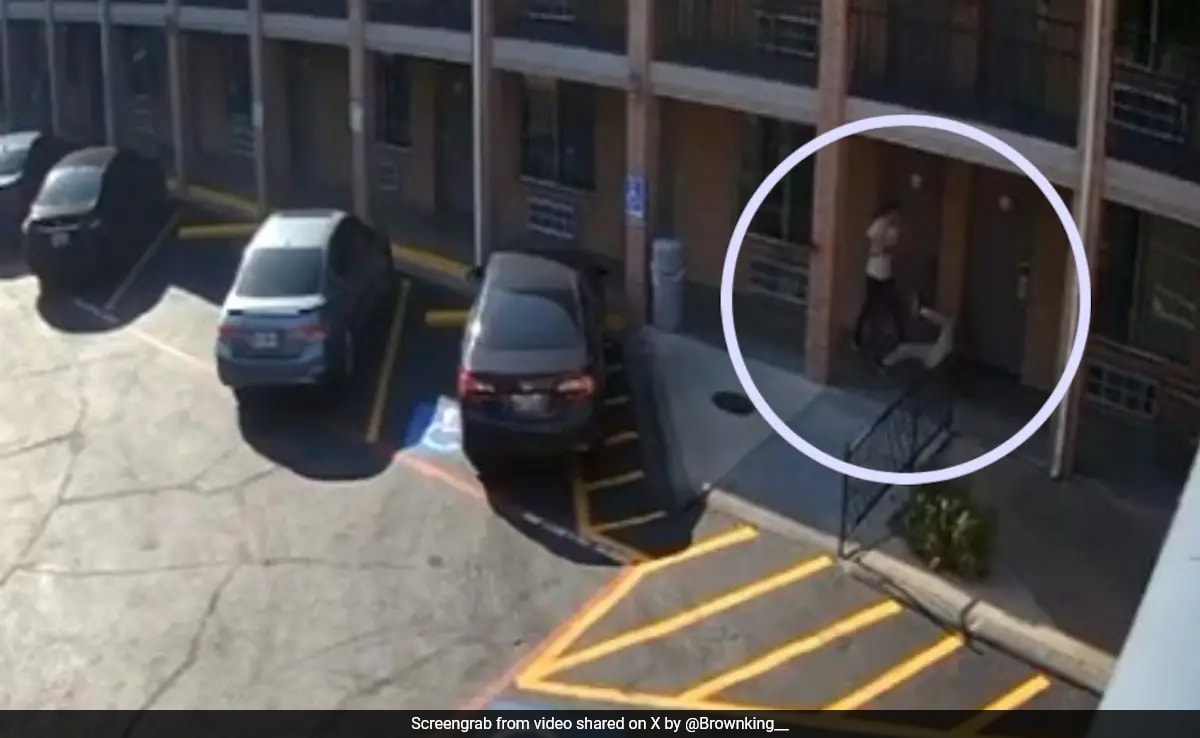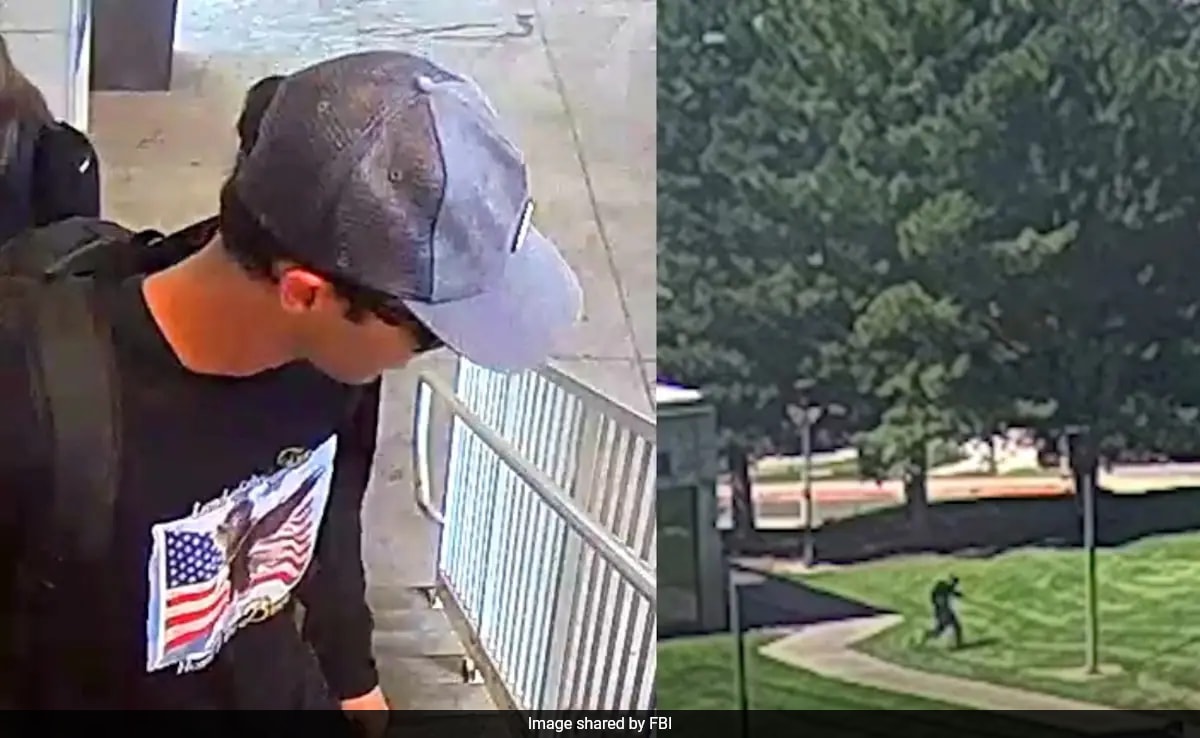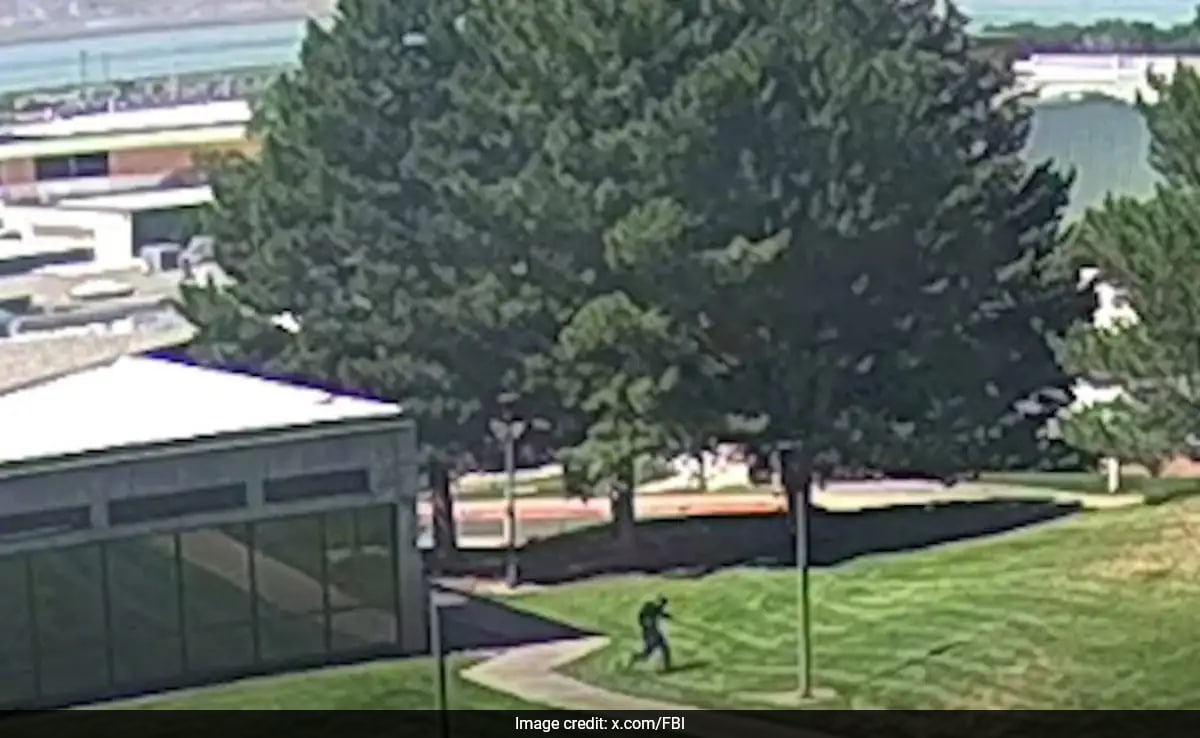Krasikov was convicted of killing Zelimkhan “Tornike” Khangoshvili execution-style with three gunshots on Aug. 23, 2019, in the central Berlin park Kleiner Tiergarten. Federal prosecutors called it a political murder ordered by Russia.
Russia has maintained that any accusations of Russian involvement in the killing were “absolutely groundless.”
German authorities concluded in December 2019 that Russian agents or those linked to them were involved in the killing, and Germany expelled two Russian diplomats. The authorities said Russian officials had not cooperated in the investigation despite repeated high-level requests.
The murder was the latest in a series of killings that have fueled accusations that Russia assassinates its political opponents even when they are abroad. Britain has accused Moscow of attacking a former Russian agent, Sergei Skripal, and his daughter in Salisbury, England, with a nerve agent in 2018. The pair survived.
Russian agents were also believed to be behind the fatal poisoning in 2006 of Alexander Litvinenko, a Russian defector and former Federal Security Service officer who was living in Britain.
During Krasikov’s trial, Khangoshvili’s relatives submitted a statement to the court maintaining that Russia was trying to “send a message” to its political enemies with the assassination. A lawyer for the relatives asked that Krasikov be disqualified from parole after 15 years if he were to receive a life sentence.
Opponents of Russian-allied Chechen leader Ramzan Kadyrov have in particular been targeted by assassins over the years. The latest was Mimkhan Umaraov, who was gunned down outside a shopping center in Austria in July 2020. A Russian suspect fled the scene and was later arrested.
Others have been attacked in Europe, Turkey and the Middle East. Among them was the former acting leader of Chechnya, Zelimkhan Yandarbiyev, who was assassinated in a car-bomb attack in Doha, the capital of Qatar, in 2004.
Paul Schemm in London contributed to this report
Read more:
.png)











 English (United States) ·
English (United States) ·  Turkish (Turkey) ·
Turkish (Turkey) ·